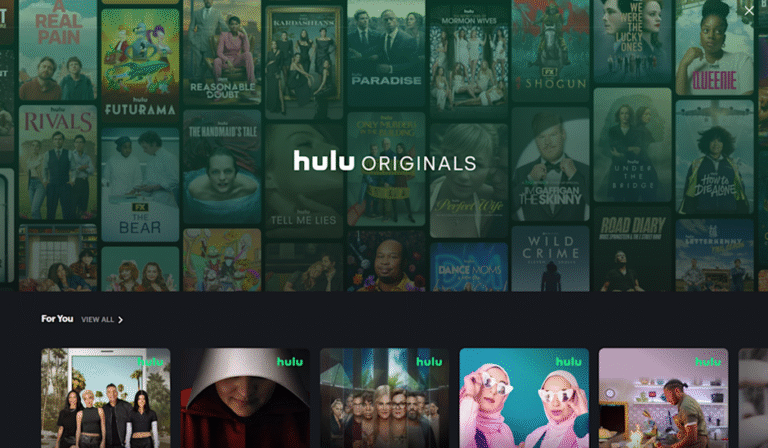The Fight to Preserve Dying Games: Can “Stop Killing Games” Change the Industry?

When online games fade into obscurity, they don’t just become unpopular—they vanish entirely. Servers shut down, access is revoked, and decades of gaming history disappear into the digital void. This practice has sparked a growing backlash, with the “Stop Killing Games” campaign pushing for legal changes to preserve games as cultural artifacts.
The Battle to Save “The Crew” – and All Games Like It
The movement gained momentum after Ubisoft shut down servers for The Crew, a decade-old racing game, rendering it completely unplayable—even for those who had recently purchased it. This decision raised critical questions:
- Do players truly own the games they buy, or just temporary licenses?
- Should publishers guarantee access beyond a game’s “active” lifespan?
Two players in France have even sued Ubisoft, arguing that the company failed to transparently communicate that their purchases were time-limited.
Why Do Games Disappear?
Publishers cite high maintenance costs and low player counts as reasons to sunset older titles. But the issue goes deeper:
- Always-Online DRM: Many single-player games now require constant server connections, meaning they die when servers do.
- Centralized Control: Unlike physical copies, digital games can be “recalled” by publishers at any time.
Ross Scott, the YouTuber behind “Stop Killing Games,” compares this to burning every copy of a book—a loss to culture, not just consumers.
The EU Petition: A Last Chance for Preservation?
The campaign is urging the EU and UK to legislate game preservation. Key demands include:
- Requiring publishers to release server code or enable private hosting after official support ends.
- Allowing archival access so games aren’t lost to history.
With just weeks left to gather 1 million signatures, the petition risks failing—but its core idea is resonating.
How Could Games Be Saved?
The campaign isn’t asking for infinite support, but for sustainable solutions:
- Open-Source Releases: Like Freespace 2 (1999), whose code was made public for non-commercial use, letting fans keep it alive.
- Preservation Programs: Platforms like GOG adapt classics for modern hardware, proving maintenance doesn’t always require the original developer.
Why This Matters Beyond Gaming
Games are more than software—they’re art, history, and shared experiences. Without action, future generations may never play titles that defined eras. As Scott argues, “You wouldn’t accept this for films or music. Why should games be different?”
The Clock Is Ticking
If the petition succeeds, it could force publishers to rethink how they treat aging games. If it fails, the digital graveyard will keep growing. For now, the choice lies with players: Will we let games die—or fight to save them?



